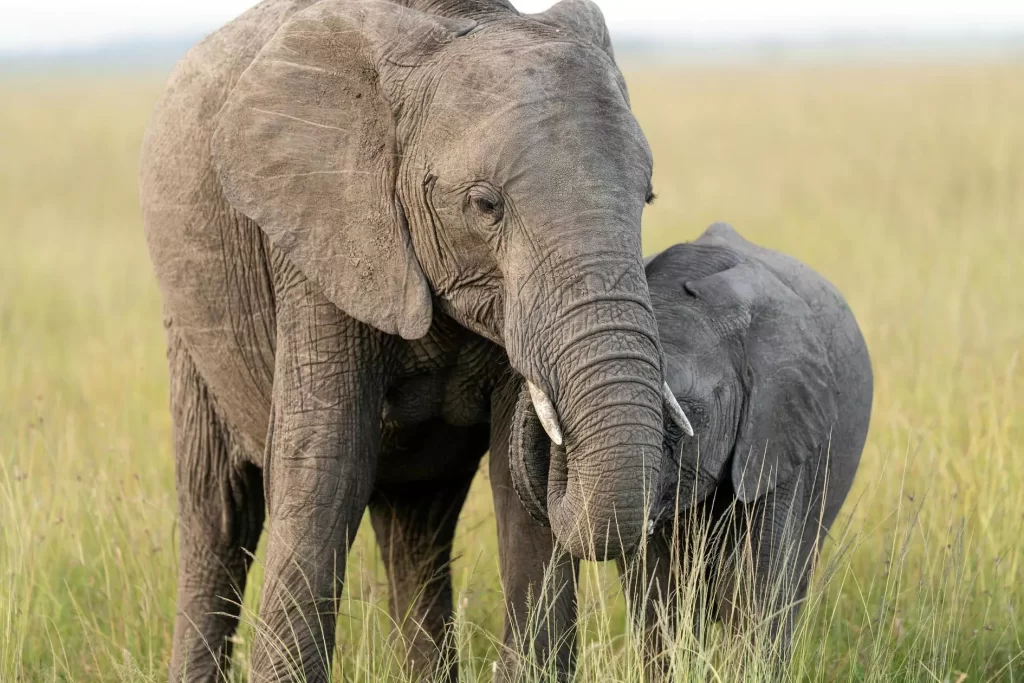
The Masai Mara National Reserve in Kenya is a bucket-list destination for wildlife enthusiasts, photographers, and adventurers. But choosing the best time for a Masai Mara safari can make or break your experience. Below, we break down the seasons, wildlife events, and insider tips to help you plan the ultimate trip. Essential Safari Packing List for Kenya
The ideal time depends on your priorities: witnessing the Great Migration, avoiding crowds, birdwatching, or saving money. Here’s a detailed breakdown:
| Month | Highlights | Considerations |
|---|---|---|
| Jan–Feb | Calving season in Serengeti; good predator action in Mara. | Warm days, occasional rain. |
| March–May | Low season prices, lush scenery. | Heavy rains; some lodges close. |
| June | Start of the dry season; migration approaches. | Cool mornings, fewer crowds. |
| July–Oct | Peak migration, river crossings, optimal game viewing. | Busiest and most expensive. |
| Nov–Dec | Short rains; newborn animals, birdlife thrives. | Affordable, moderate weather. |
Masai Mara vs. Serengeti: Which Is Better
1. What’s the absolute best month to visit Masai Mara?
July–September for migration action. January–February for calving season and predator activity.
2. Is the rainy season a bad time for safaris?
Not necessarily! November–May offers lush landscapes, birdlife, and lower prices—just pack waterproof gear.
3. Can I combine Masai Mara with Serengeti?
Yes! July–October is ideal for overlapping migration routes.
4. Is Masai Mara safe for families?
Yes. June–October (dry season) is safest for smooth roads and malaria risk reduction.
5. How far in advance should I book?
Peak season: 6–12 months. Low season: 1–3 months.
6. What’s the best time for photography?
June–October (clear skies) or November (dramatic storm clouds).
7. Are there budget-friendly lodges?
Yes! Opt for tented camps or book during shoulder seasons (April–May, November).
Explore more about Kenya Entry and Tanzania Entry